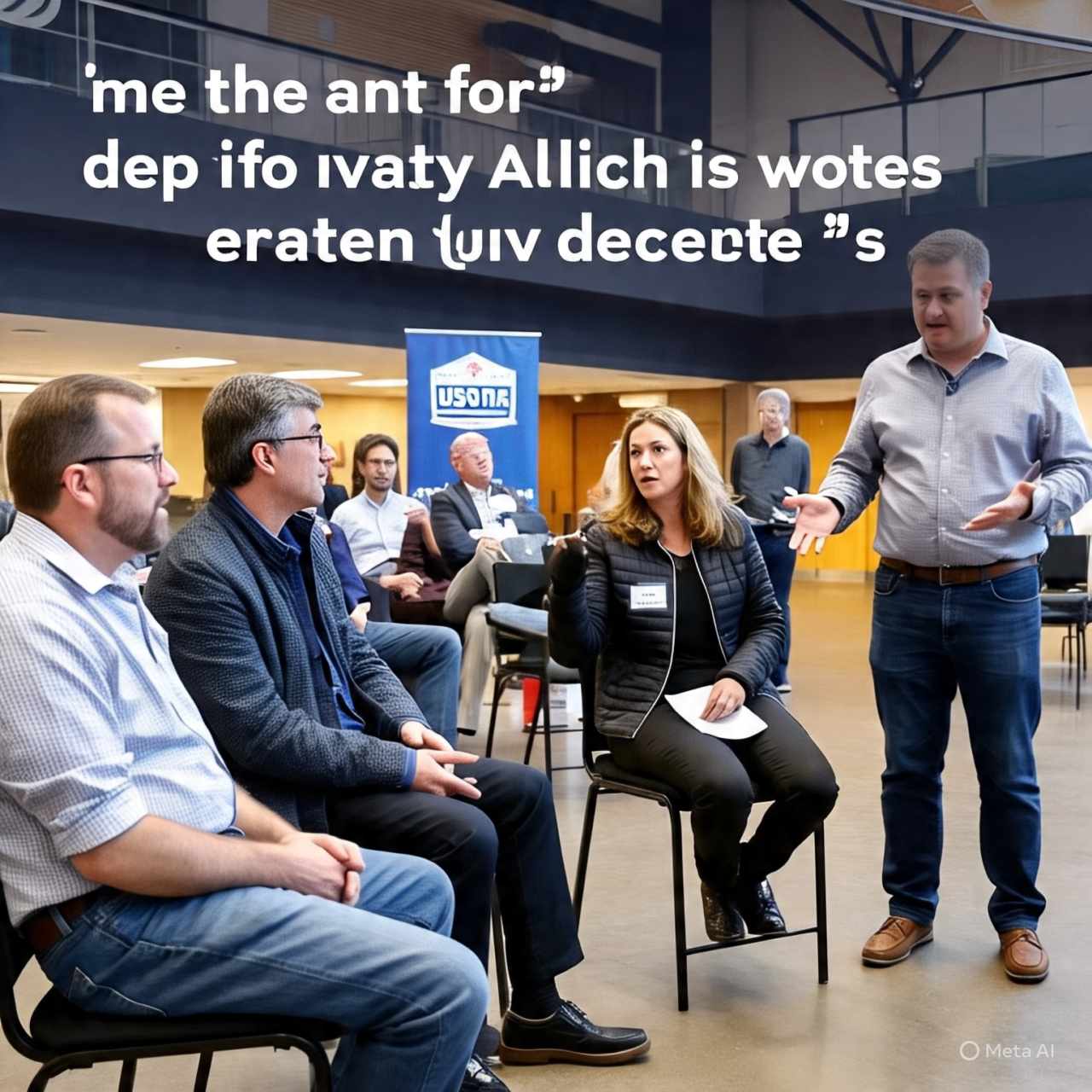FnF News
Party Over Personality: Why Loyalty Still Drives U.S. Politics in the Age of Polarization
FNF News | May 24, 2025
In the ever-divisive landscape of American politics, one truth remains consistent: party loyalty often trumps personality or performance. As speculation continues about the Democratic nominee for 2028—potentially California Governor Gavin Newsom—many political observers argue that if he’s chosen, Democratic voters will rally behind him, not necessarily because of who he is, but because of what he represents.
Party First, Candidate Second
“If Newsom is the nominee, Democrats will vote for him. It’s that simple,” said Dr. Alexis Granger, a political behavior specialist at Georgetown University. “The same way GOP voters continue to line up for their party’s picks, even when the candidates aren’t especially charismatic or active.”
This pattern of party-first voting is not new but has intensified in the modern era of hyperpartisanship. In fact, according to a 2024 Gallup poll, more than 85% of voters identify strongly with one party and are likely to vote down the ticket regardless of the individual candidate’s campaign presence or record.
The McConnell-Pelosi Effect
Political figures like Senate Minority Leader Mitch McConnell and former Speaker Nancy Pelosi serve as prime examples. Both have been reelected multiple times, often without high-profile campaign events or active voter outreach. Their continued success is less about fresh messaging and more about entrenched party loyalty and control of power within their respective chambers.
“Neither McConnell nor Pelosi needs to campaign in the traditional sense,” said Bill Hastings, a longtime political strategist. “They’ve become institutions within their parties. People vote for the machine, not the individual.”
What About Newsom?
Governor Newsom, known for his progressive policies in California and his frequent national media appearances, has a polarizing profile. Loved on the left, disliked on the right, and met with skepticism in the center, his potential candidacy for president would likely trigger strong opinions—but not necessarily change voting behavior.
“Even if some Democrats are lukewarm about Newsom, most will vote for him if he’s up against a Republican they oppose,” Granger added. “The vote becomes about preventing the other party from winning.”
A Broader Trend in U.S. Politics
This trend has profound implications for democracy. With fewer swing voters and declining ticket-splitting, elections are increasingly decided by turnout rather than persuasion. The question is no longer “who is the better candidate?” but “who can mobilize the base more effectively?”
Political observers warn this may result in lower-quality candidates and reduced accountability, as politicians rely more on party structures than public engagement to secure re-election.
Conclusion
Whether it’s Newsom or another candidate, party loyalty appears likely to define the next electoral cycle. As both Democrats and Republicans dig deeper into ideological trenches, voters remain largely committed to the jersey—not the player.
Sources:
- Gallup Poll (2024): Party Identification Trends
- The Brookings Institution – “The Role of Partisanship in Modern Campaigns”
- Politico – “Inside the DNC’s 2028 Strategy Briefings”
- NPR – Interviews with Voters in Key Swing States

